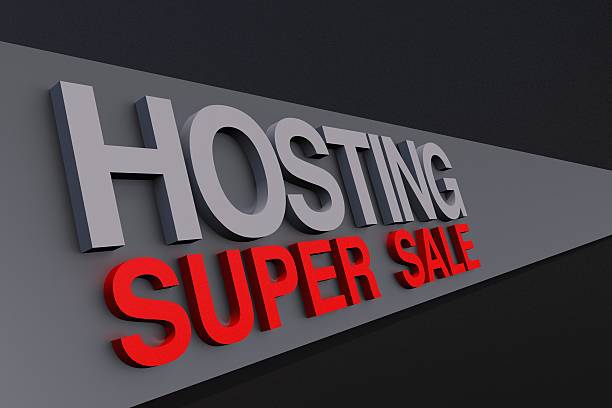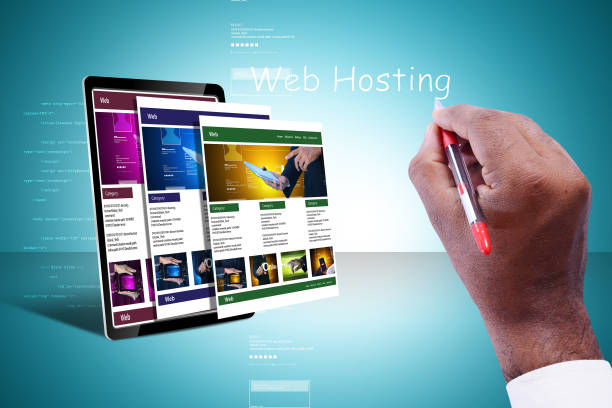When it comes to running a successful eCommerce business , your hosting environment plays a crucial behind-the-scenes role.
A slow-loading page, frequent downtime, or poor global performance can cost you sales, hurt customer trust, and damage your search engine rankings.
But with so many options — from shared hosting to VPS , dedicated servers , and now cloud hosting — how do you choose what’s best for conversion-driven stores?
In this article, we’ll explore:
- The key differences between cloud hosting and traditional hosting
- How each impacts conversion rates , site speed , and customer experience
- Real-world data on which setup delivers better results
- Practical tips for choosing the right host based on your store’s goals
Let’s break down the hosting dilemma and find out which one truly converts better.
Understanding the Hosting Landscape
Before comparing cloud vs traditional hosting, let’s define what each option means in the context of eCommerce .
Traditional Hosting
Traditional hosting includes:
- Shared hosting (low-cost, limited resources)
- VPS (Virtual Private Server) – more control than shared, less than cloud
- Dedicated hosting – full server, high cost, complex maintenance
These models rely on single-server architecture , meaning all your site’s files live on one machine. If that server goes down, your site does too.
Cloud Hosting
Cloud hosting uses distributed networks of servers to host websites. Your store isn’t tied to a single physical machine — instead, it runs across multiple nodes, ensuring high availability , scalability , and faster load times .
This makes cloud hosting ideal for:
- High-traffic stores
- Seasonal spikes (Black Friday, Cyber Monday)
- Global audiences
- Brands scaling rapidly
Why Hosting Affects eCommerce Conversions
Your hosting choice influences several conversion-critical metrics :
Cloud Hosting vs Traditional Hosting: Side-by-Side Comparison
Here’s how the two stack up across critical areas:
Now let’s dive into which setup actually drives better conversions .
Key Conversion Factors: What Really Matters
To determine which hosting type converts better, we need to focus on what drives real buyer behavior.
1. Site Speed and Core Web Vitals
Google considers page speed a ranking factor — and users consider it a dealbreaker.
Data Insight:
- Sites loading in 1–2 seconds have the lowest bounce rates
- Anything over 3 seconds sees a 32% increase in bounce rate (Google)
- Cloud-hosted sites consistently score higher in LCP (Largest Contentful Paint) and CLS (Cumulative Layout Shift)
Why Cloud Wins: Built-in CDN, faster response times, and edge computing reduce delays — especially for image-heavy product pages.
2. Uptime and Sales Continuity
If your site is down during peak hours, you’re losing money — fast.
Industry Benchmark:
- A typical store doing $5,000/day could lose ~$208 per hour of downtime
Cloud Advantage:
- Redundant systems ensure failover protection
- Load balancing distributes traffic across servers
- Zero-downtime deployments are possible
Traditional hosting often lacks these protections unless you’re paying top-tier managed plans.
3. Global Reach and Latency
eCommerce today is borderless — and your hosting should reflect that.
Cloud Edge:
- Serves content from regional edge locations
- Delivers consistent performance to international visitors
- Lowers latency even for users far from your main server
Traditional hosting forces distant users to wait longer — increasing bounce rates and hurting conversion chances.
4. Security and Trust
A secure shopping experience builds confidence — and reduces cart abandonment.
Cloud Hosting Benefits:
- Automated security updates
- Built-in firewalls and malware detection
- Easier compliance with PCI standards
Traditional hosting may require manual intervention for security patches — increasing vulnerability risk.
5. Scalability During Peak Seasons
eCommerce doesn’t run at a steady pace — you have seasonal highs and lows.
During Black Friday , Cyber Monday , or holiday sales , your hosting must handle sudden traffic surges.
Cloud Hosting Wins Here:
- Auto-scaling adjusts resources as needed
- No server overload = no crash = no lost sales
Traditional hosting requires proactive upgrades and monitoring — and even then, crashes happen.
Case Studies: Hosting Choices That Made a Difference
Let’s look at real-world examples of how hosting affects conversions.
Example 1: WooCommerce Store on Shared Hosting
Store Type : Mid-sized fashion brand
Hosting : Budget shared plan
Issue : Site crashed during sale event
Result : Lost $2,300 in potential sales over 6 hours
After switching to Kinsta Cloud WordPress Hosting , they saw:
- 50% faster load times
- 18% increase in checkout completion
- Zero downtime during next year’s flash sale
Example 2: Magento Store on VPS
Store Type : Enterprise-level electronics retailer
Hosting : Dedicated VPS
Issue : Sluggish performance during ad campaigns
Result : High bounce rate, low conversion
Switched to AWS Lightsail Cloud Hosting :
- Reduced average load time from 4.2s → 1.1s
- Improved ROAS by 14%
- Enhanced mobile user experience significantly
Frequently Asked Questions (FAQ)
Q: Does hosting really affect my store’s conversion rate?
A: Yes. Site speed, reliability, and global reach are all influenced by your hosting environment.
Q: Is cloud hosting worth the extra cost?
A: Absolutely — especially if you’re growing or selling internationally. It prevents costly downtime and improves performance.
Q: Can I switch from traditional to cloud hosting later?
A: Yes — and many brands do after outgrowing shared or VPS plans.
Q: Do I need technical expertise for cloud hosting?
A: Not necessarily. Many cloud hosts offer managed services with full support.
Q: Should small stores use cloud hosting?
A: If you expect growth or want to future-proof your store, yes. Otherwise, start with a solid managed plan and upgrade strategically.
Final Thoughts
The debate between cloud hosting and traditional hosting isn’t just technical — it’s financial.
If your goal is to maximize conversions , reduce bounce rates , and scale sustainably , cloud hosting wins every time .
While traditional hosting can work for early-stage stores, it quickly becomes a bottleneck when traffic grows, expectations rise, and buyers demand seamless experiences.
Because in online retail, performance isn’t optional — it’s profit .
And cloud hosting gives you the tools to deliver exactly that.










